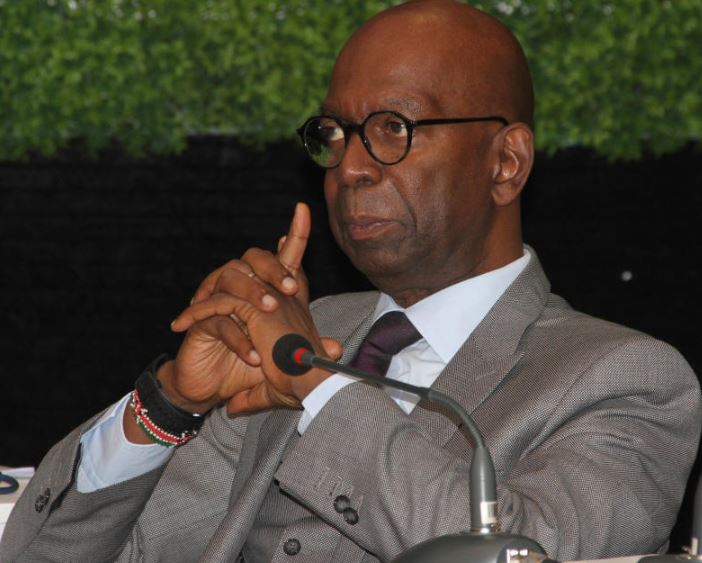×
The Standard e-Paper
Kenya’s Boldest Voice

Behind the billions that Safaricom made in the past are tales of some of its products and services that have failed to move the market despite the telecommunication company’s huge selling muscle.
The firm has been struggling to make money from some products even as it basks in wild success of others.